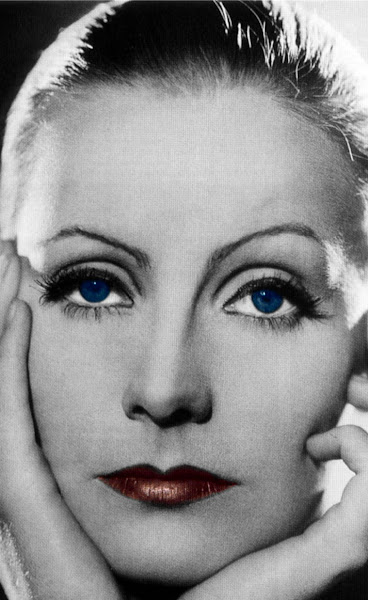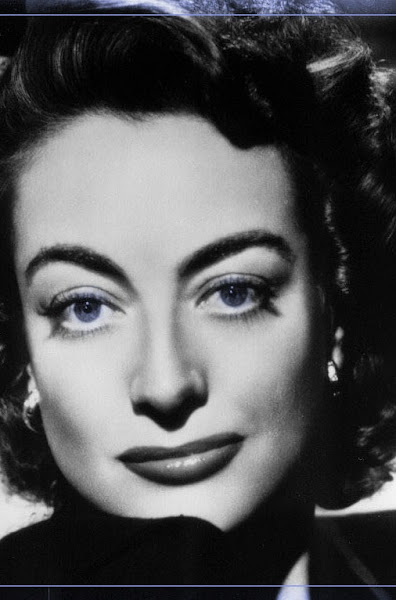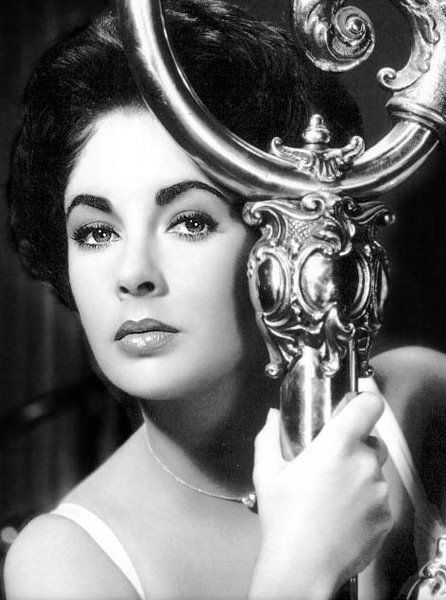 ** ½ out of ****
** ½ out of ****
A common approach to being “fresh out of ideas” in the film/media industry is to simply go back to basics, as evidenced by the many successful re-workings of film series that have appeared in the last few years, such as “Batman Begins,” “Superman Returns,” and “Casino Royale.” Returning to the drawing board to start from scratch also often means taking the films themselves back to the beginning. Six television series and ten films later, J.J. Abrams (“Mission Impossible III”) revamps the iconic television/film series “Star Trek” with a blockbuster prequel certain to appease the expectations of “trekkies” (unwavering “Star Trek” fans) and to provide a thrilling experience to audiences generally dispassionate about science-fiction films (and even “Star Trek,” believe it or not). Cleverly crafted, “Star Trek” soars on energy, talent, and imagination and is successful at what it sets out to do, even if it is almost all spectacle and little substance. Nevertheless, it is a blockbuster.
Think of this “Star Trek” as a prequel that fills in the gaps for the original series. In the beginning (if there can be such a thing for a film about the future), Robau (Faran Tahir) is the captain of the starship Kelvin, and he is killed by a ruthless Romulan commander named Nero (an unimpressive Eric Bana), who is searching for Spock (pun intended). George Kirk (Chris Hemsworth) valiantly becomes the captain of the ship for twelve minutes and ensures the safe escape of all of his passengers, including his wife (Jennifer Morrison), who is in labor with his child during the getaway. After Kirk heroically sacrifices himself and the Enterprise in a suicide collision with the Romulan warship, his wife makes it safely to Earth with their son, James, who grows up and enlists in Starfleet. A cocky young adult, James Kirk (a formidable Chris Pine, who proves his acting ability beyond the shadow of Shatner and overwhelmingly smoldering good looks) becomes the only person to ever succeed at the Kobayashi Maru, designed by a half-human/half-Vulcan programmer named Spock (a surprisingly effective Zachary Quinto, perhaps the best actor in the film), who wrestles with his human capacity for emotion while trying to maintain his cold, logical appearance. Kirk’s success is only the result of cheating, and he is grounded when Starfleet arranges a rescue for the planet Vulcan, Spock’s home planet, after they send a distress call. However, Kirk, ever the hothead, is able to slip onto the ship ill, under the care of Dr. Leonard “Bones” McCoy (Karl Urban), and he eventually becomes integral to helping the mission of the entire fleet, who discovers that Vulcan is actually under attack by Nero. When Captain Pike (Bruce Greenwood) becomes a prisoner-of-war on the Romulan ship, Spock and Kirk must work together against the odds and despite their differences in order to save the Federation from Nero’s threat.
Yes, the plot is quite predictable, even for someone as unknowledgeable about “Star Trek” as I am, but I am familiar enough with the characters that I know how this film has to end. When George Kirk becomes the captain at the beginning of the film and nobly saves the day, it becomes painfully apparent that Kirk the son will parallel his father’s bravery at the end of the film—this must be the plot’s direction. Surprisingly, though, the film throws in a multitude of twists and turns that keep things interesting, including the welcome return of Leonard Nimoy (whose capacity I am not at liberty to divulge; in the film’s promotion, his role has been kept under wraps, so I will continue to do the same). However, I am unimpressed with the plot’s fragility, at least at the midway point. In fact, the film depends on a deus ex machina in order to fulfill the story, and I am no fan of a forced hand in the works.
It hardly matters, though, because “Star Trek” is such a wild ride—a charge of adrenaline with visuals so engaging that they become helplessly entrancing. “Star Trek” will change no worlds, though, nor will it alter the course of film history. J.J. Abrams is completely successful in formulating “Star Trek” into a sensational blockbuster and nothing more. Indeed, the film is nothing really new—the story is not a new concept, and once you strip away the film systems, you see that the film has been layered together as a spectacle, not as substance. To truly enjoy “Star Trek,” you must sit back and enjoy the ride—no more, no less. And it is a ride that both “trekkies” and mainstream audiences alike will be able to enjoy.
May 11, 2009
Star Trek
Subscribe to:
Post Comments (Atom)
.jpg)

.jpg)
.jpg)

2 comments:
kathryn e: well i mean...the whole crew has to live or else you negate the entire series. haha. to quote spock, it wouldn't be "logical" to make that decision. everyone going into the film new how it would end, technically. or else it wouldn't be a prequel. it would be an alternate reality. :)
uhh...it was an alternate reality...
Post a Comment